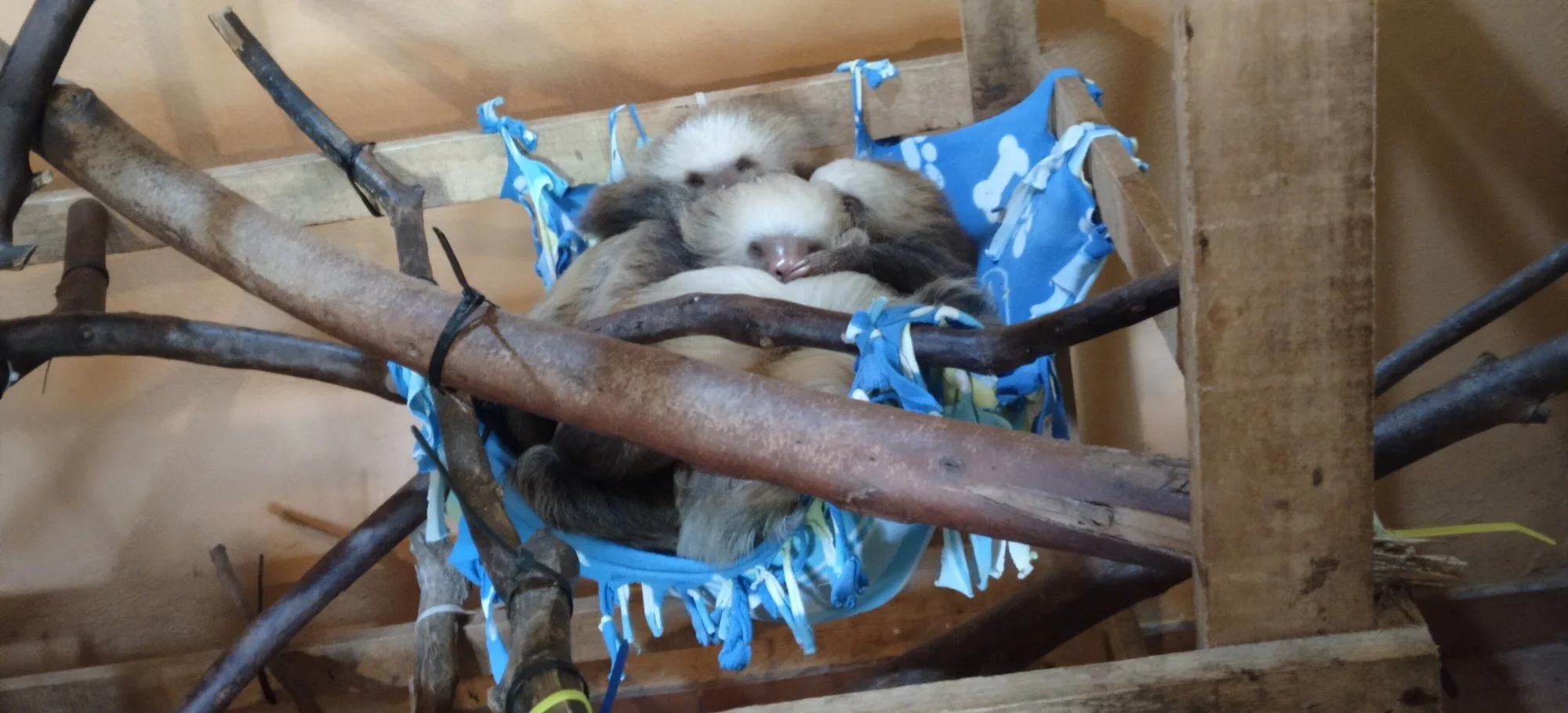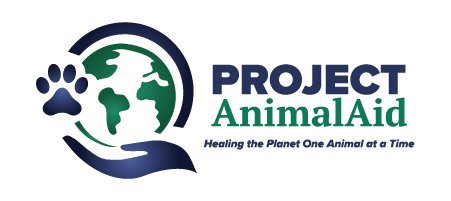Building Access to Veterinary Care in Turrialba

In rural and Indigenous communities in Costa Rica, veterinary services for animals are virtually nonexistent, with no local clinics, outreach programs, or emergency options available.
In March 2025, The GAAP launched its presence in Costa Rica, focusing on the Turrialba region of Cartago Province—an inland area known for its rich biodiversity and vibrant Indigenous cultures. Despite its ecological and cultural importance, the region faces serious gaps in veterinary care, particularly in rural and Indigenous communities where access to even basic human healthcare can require hours of travel by foot.
Free-roaming dogs and cats are widespread in the area, and local rescue groups report serious but undocumented animal welfare concerns. There is little reliable data on the size, health, or behavior of domestic animal populations—making it difficult to assess their impacts on the environment. This is especially alarming given Turrialba’s location within the Barbilla-Destierro Biological Subcorridor, a key segment of the Mesoamerican Jaguar Corridor. The presence of unmonitored domestic animals poses growing threats to native species such as sloths, ground-dwelling birds, wild cats, and jaguars through predation, competition, and disease transmission. Compounding the issue is the weak enforcement of animal welfare laws and limited public policy support for veterinary care in underserved areas.
A sustainable approach to community-based veterinary care
To address these challenges, The GAAP is exploring the introduction of community-based veterinary care models, including the possible adaptation of our successful telemedicine initiative from Guatemala. Future efforts will focus on collaborating with local veterinarians, NGOs, and community leaders to develop sustainable, culturally sensitive solutions grounded in both science and empathy.
Our long-term goal is to ensure that all animals—regardless of their location or their guardian’s income—have equitable access to essential care. In doing so, we aim to protect animal welfare, safeguard biodiversity, and support the health and dignity of the communities that call this extraordinary region home.
How does access to veterinary care relate to One Health?
When animals receive regular, preventive health care, they stay healthier. Healthier animals are less likely to spread diseases to humans and wildlife. Further, our program includes an ongoing education component focused on encouraging responsible pet ownership and on practical tips like how to recognize signs of rabies and how to avoid dog bites. Taken together, these efforts support not only the well-being of one species, but also a healthy interaction between people and animals, which is the core of a One Health approach.

Protect wildlife and give animals access to essential health care
Special thanks to our incredible partners:
A Kinder World Foundation









